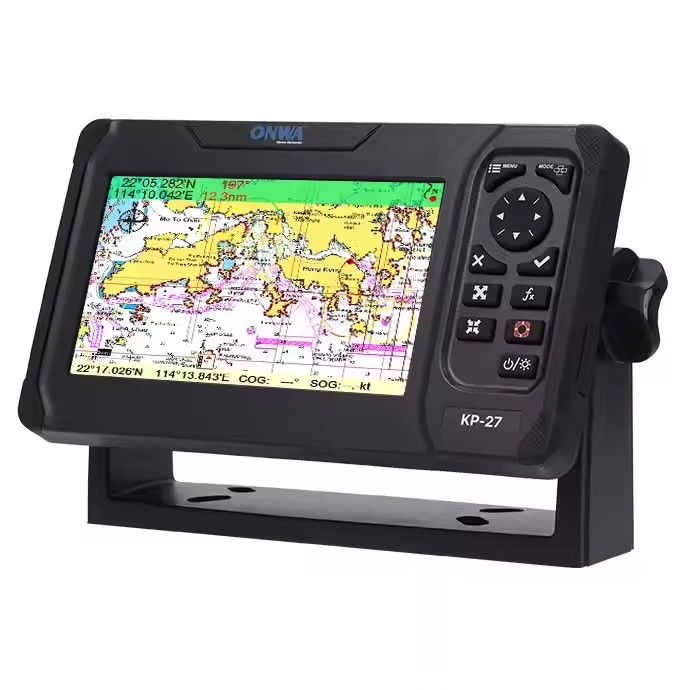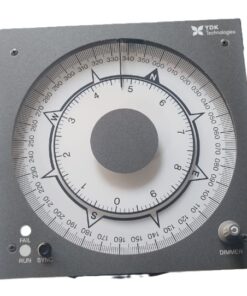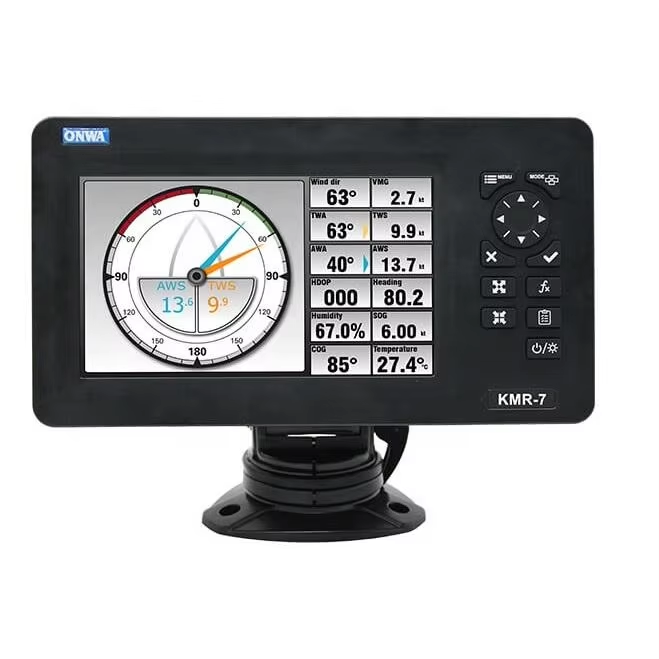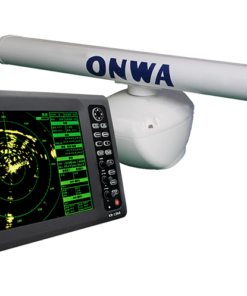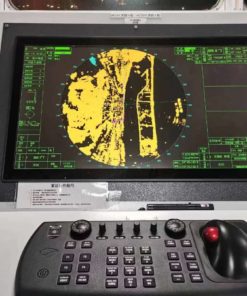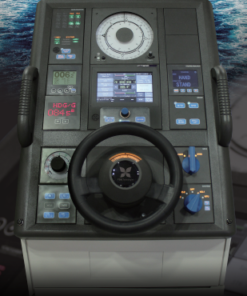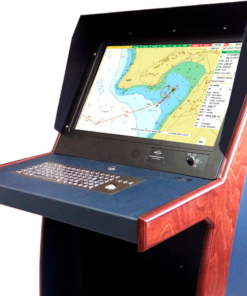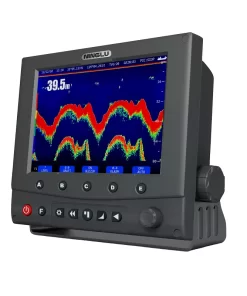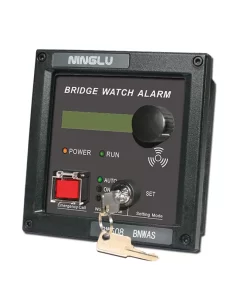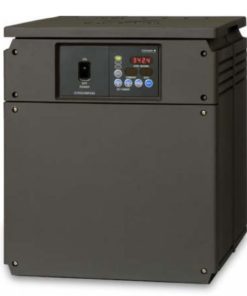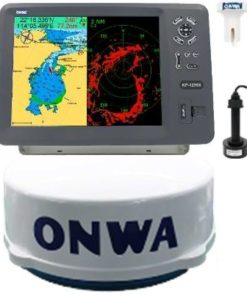Speed log
A Speed Log is a device used to measure the speed of a vessel through water. It typically consists of a sensor mounted on the hull of the ship, which utilizes various methods to determine the vessel’s speed. One common type of speed log uses an acoustic Doppler effect, where sound waves are emitted into the water and their frequency shift is measured based on the motion of water particles caused by the vessel’s movement. Another type employs electromagnetic sensors to detect changes in the Earth’s magnetic field induced by the passage of the ship through water. Speed logs provide crucial information for navigation, maneuvering, and monitoring vessel performance. They are essential tools for ensuring safe and efficient maritime operations, particularly in situations where precise knowledge of a ship’s speed is vital.


